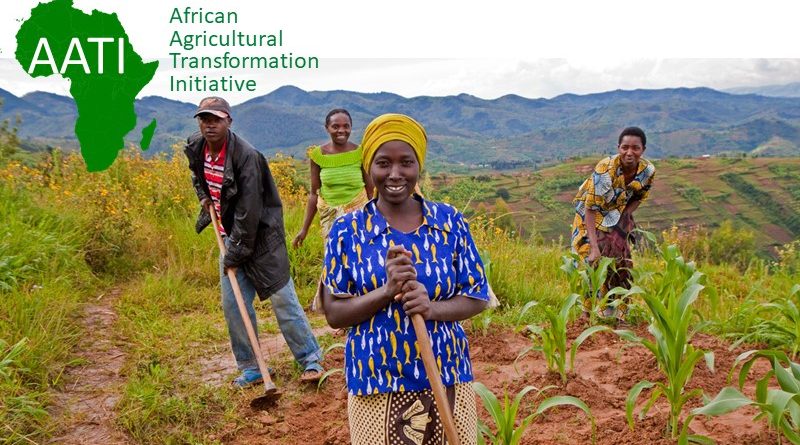African Agricultural Transformation Initiative (AATI) secures $19.6m for sustainable agricultural development in Africa
Endowed with a budget of $19.6 million until 2025, the African Agricultural Transformation Initiative (AATI), has been launched to improve sustainable development in Africa by bridging the gap between the formulation of strategic agricultural initiatives and their successful implementation at local level.
This initiative is born as a result of the close collaboration among AGRA, the Bill & Melinda Gates Foundation (BMGF), the UN’s International Fund for Agricultural Development (IFAD) and McKinsey & Company, a global management consulting firm providing pro bono support. AATI’s central office will be hosted by IFAD. BMGF is providing $10 million, and IFAD is contributing with $2 million. The funding gap will be closed by other donors.
As the current crises and disruption in food networks lay bare most African countries’ dependence on food imports, it has become critically urgent to transform the agriculture sector in order to lift vulnerable rural people out of poverty and hunger. Speeding up and strengthening that implementation will have a pronounced impact on improving food security, reducing rural poverty and helping small-scale farmers adapt to climate change.
Safia Boly, Executive Director, AATI: ”Given the scale of the rural economy in Sub-Saharan Africa and its enormous potential, we believe that inclusive agricultural transformation is the most effective way to drive sustainable development. AATI will provide support through tailored strategies that will ultimately allow them to realize their full agricultural potential.”
This new initiative comes as worrying downward spiral trends of poverty and hunger erase years of steady progress. Africa remains the world region with the highest prevalence of hunger (20%), with a total of 278 million affected by hunger in 2021, according to the latest UN report of The State of Food Security and Nutrition in the World. The ripple effects of the conflict in Ukraine are compounding the crisis that many African countries are facing due to shocks delivered by the COVID-19 pandemic, climate change-induced weather events and conflict.
This perfect storm is leaving many African countries with little fiscal space to increase their development expenditures, which is heavily affecting the agriculture sector. Poor rural people are the most affected because they are not able to cope with price hikes, as they already spend up to 70% of their income to buy food. AATI is currently launching its first wave covering four countries (Ghana, Kenya, Malawi and Senegal) to accelerate effective and sustainable changes in their food systems, based on their needs, priorities and existing infrastructure.
Acha Leke, Senior Partner and Chairman Africa, McKinsey & Company: ”McKinsey is proud to be a partner in this initiative by providing pro bono consulting support. We believe that we have a unique opportunity and a responsibility to use our expertise, knowledge, and capabilities to support African countries as they drive their inclusive and sustainable agricultural transformations.”
The initiative will roll out learnings and extend support to other African countries as well as to collaborate with additional partners, making the most of the knowledge generated from key stakeholders. AATI builds on the experience of several African countries in recent years, including national agricultural transformation agencies, bringing together governments, private sector and civil society to overcome key challenges and help replicate successful delivery mechanisms for agricultural transformations.
Donal Brown, Associate Vice-President, Programme Management Department, IFAD: ”Small-scale producers and small and medium agri-enterprises are the backbone of African agriculture and food systems. Transforming agriculture is therefore very much about empowering these actors through smart policies, investments, technology and knowledge. The prize is more than increasing food production – it is about achieving food and nutrition security, improving climate resilience, and creating decent jobs for millions of young African women and men. For IFAD, AATI is an important new instrument to work with African governments and other partners toward these ambitious objectives.”




